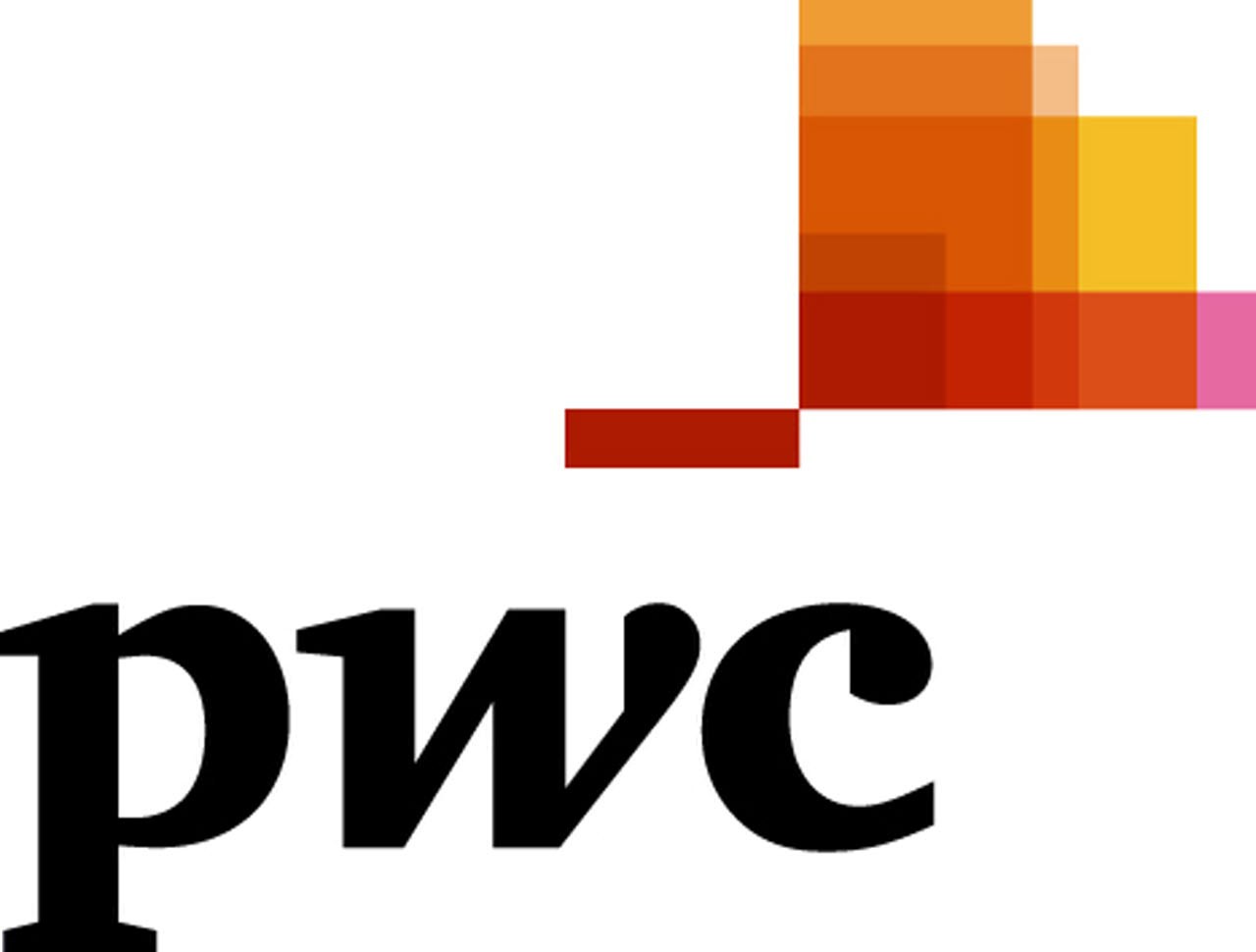On 7 April, I had the pleasure of moderating excellent speakers during the European leg of the RICS World Built Environment Forum regional webinar series on the impact of Covid-19 on real estate.
For Europe, the first important thing to keep in mind is that this is not a Black Swan event, which is an event defined as unpredictable, having severe consequences and a so-called hindsight bias. Whilst the consequences are without a doubt severe, both for people and the economy, the Covid-19 pandemic is very much a predicted event.
The World Health Organisation and other experts have for years been warning that a global pandemic can, and indeed, will happen. During previous outbreaks such as Ebola and SARS, Europe was spared. This time it is not the case. This may have made Europe somewhat less prepared than other world regions such as Asia.
“The World Health Organisation and other experts have for years been warning that a global pandemic can, and indeed, will happen. During previous outbreaks such as Ebola and SARS, Europe was spared. This time it is not the case. ”
Covid-19 is a Grey Rhino event: an event that is highly probable, with a high impact, and yet neglected. A Grey Rhino event is not random, but occurs after a series of warnings and visible evidence.
Susanne Eickermann-Riepe, Partner and Head of Real Estate at PwC in Germany, presented the results of a client survey indicating 74% of respondents expect negative consequences for the real estate industry, with decreasing revenues, transaction delays and restrictions on construction and development likely.
At the same time, 50% of respondents have already developed strategies to deal current challenges.
Three key points Susanne shared during the webinar:
- Be kind, as people will remember how you treated them under pressure;
- Be digital, as this will not be the last Grey Rhino or Black Swan;
- Be aware, as recovery in the real estate sector will focus more on future strategies such as ESG, potentially shifting from short-term profit maximisation to the triple bottom line sustainable economic model of People, Planet and Profit.
Henri Vuong, Director of Research & Market Information at INREV, the European Association for Investors in Non-Listed Real Estate Vehicles, described the many uncertainties currently facing investors, such as decreases in revenues and transactions, landlord-tenant relationships and increased uncertainties in valuation both at the property and fund level. The impact of Covid-19 is not yet seen in performance indices, but results are imminent.
Early indicators show that ESG-based strategies are weathering the current storm better. Indeed, with 2019 having been the year of the ‘E’ (Environment) and current year developing into the year of the ‘S’ (Social), 2021 may very well become the year we look at the ‘G’ (Governance).
Covid-19: Regional Economic Impact series
The global economic ruptures caused by the Covid-19 pandemic continue. This series of four webinars, focusing in turn on conditions in Asia Pacific, the UK and Ireland, Europe and North America looks at the ongoing impact for commercial real estate investment markets and the construction sector and assess and medium/long-term prospects of recovery. Further consideration is given to whether various government support packages can ease the financial burden; how the crisis may prompt a paradigm shift in workplace, logistics and supply chain management strategies; the exacerbating effect of the crisis on the already struggling retail sector; and how the hospitality industry can weather the storm.
Heinz Wehrle, Managing Partner at Horwath HTL in Switzerland, a global leader in hotel, tourism and leisure consultation, laid out the extent of the shock in the sector: hotel revenues are down 85%, with many closing across the continent. At the same time, both hotel building owners and operators are working together to find solutions, with governments in many countries providing further support. Nonetheless, some players will disappear, with white label hotels at B-locations being most under threat.
Simon Orchard, Independent Senior Advisor for Basico Real Estate and formerly Managing Director at Unibail-Rodamco in Spain, explained the impact on retail is near-total, with sales down between 90% and 100%. Paying the rent is a problem and, with an overall lack of governmental guidelines, landlords and retailers need to arrive at mutual solutions – not only now, but when shops and shopping centres begin to reopen. This will not be a return to normal: social distancing will impact shop density, hygiene and opening hours. Under most threat are smaller retailers, many of whom may not survive.
Frank Hovorka, Director of Technique and Innovations at the Federation des Promoteurs Immobiliers in France, told us the world of the office may never be the same again. Due to Covid-19, we are currently going through the world’s largest home-working experiment. In France alone, 8 million people are currently working from home.
With Covid-19 here to stay for the time being, we need to reconsider patterns of office use. Occupation density may change; we may even see a move towards increased personal tracking.
Frank concluded by saying we need to rethink our office behaviour to limit the spread of Covid-19, not only for ourselves, but also as means of showing solidarity to those working in healthcare.
Finally, Marcel de Boer, Managing Director of valuation company Troostwijk in the Netherlands, reported that clients are expecting valuers to be fortune tellers. of course, they are not. This is a new world in which undertaking a proper valuation is extremely challenging. Many aspects of the valuation process, not least building inspection, have become near impossible.
An impact on value is inevitable and is already happening, due to increases in vacancy rates and interest rates. The impact will be higher for hospitality, offices and retail, and probably more limited for residential and health care.
Looking ahead, valuers will need to digitalise, as use of existing data takes on ever greater import: the valuation process may come to rely less on inspection, and more on automated approaches. Only by adapting will valuers continue to offer much-needed trust to the markets.
“Where there is a fire, you first put it out”
This is a quote from a chief economist at a major Belgian bank. He is right. When there is a fire, we first make sure all the people are safe; thereafter, we must safely extinguish the fire. Only then can we start thinking about what a new or refurbished building might look like. Would we build it exactly the same? I doubt it.
The building may retain its original external appearance, but operate in a smarter, or more efficient manner. Or, it may be entirely redesigned from the foundation up. Covid-19 presents us with many challenges, but we need to learn from events and take that learning forward.
The way we live, work and play may not be the same again – or at least not for the foreseeable future. This will have an impact on how we manage our buildings.
ESG will increase in importance – we can longer focus on environmental issues to the exclusion of social and governance considerations.
Whichever solution emerges, it can only work if all actors work together, and show empathy for the situation of the other. This, in the end, will make most business sense.
We are fighting a fire. Nobody yet knows what will happen after we put it out.
Our corporate partners
Premium partner










